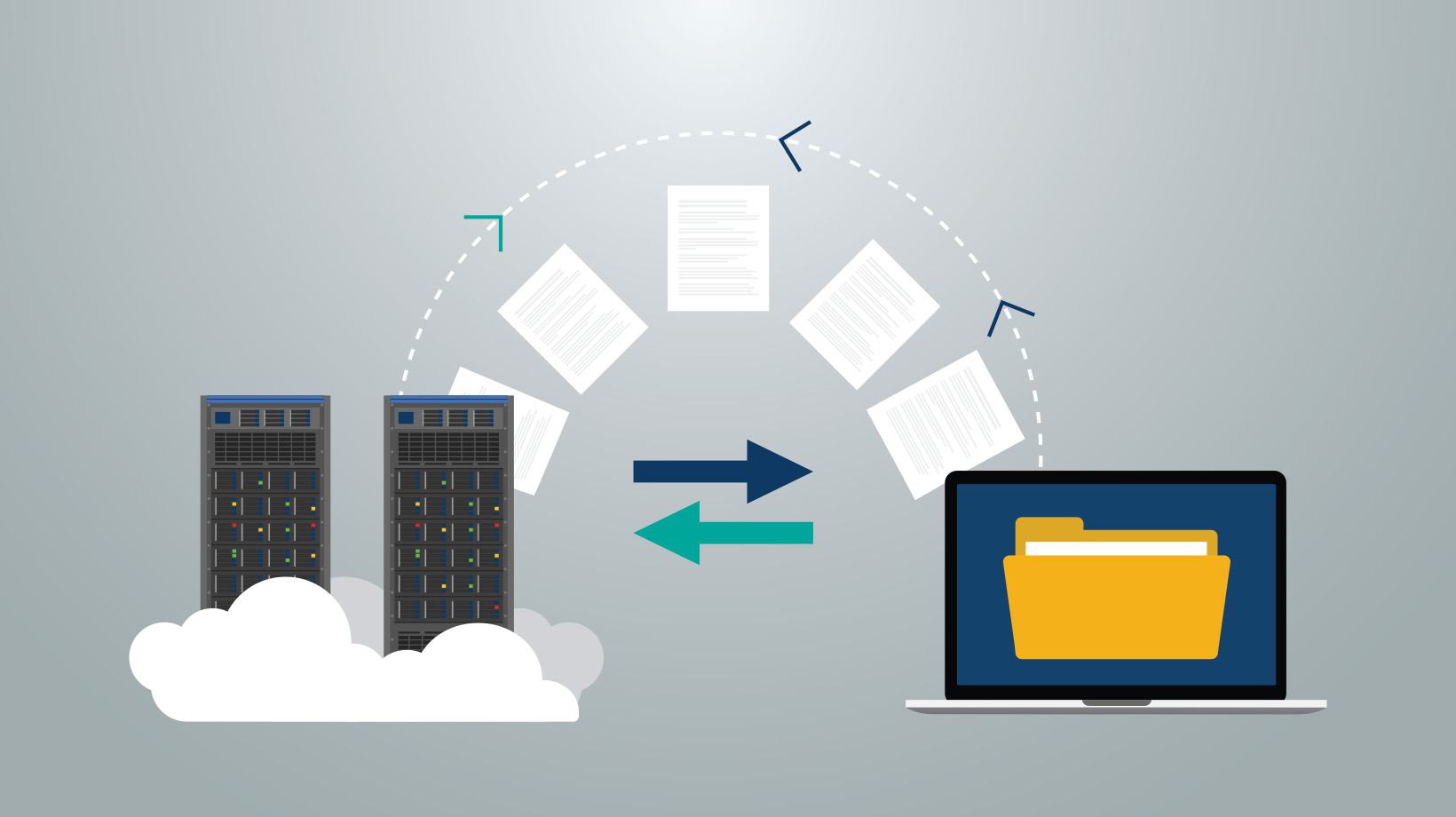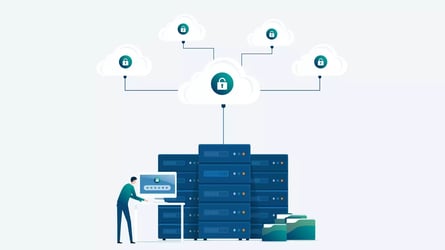In today’s digital world, data is growing at an unprecedented rate, and managing it has become increasingly challenging. With expanding volumes of data, it becomes harder to meet Recovery Point Objective (RPO) and Recovery Time Objective (RTO) goals. The Recovery Point Objective (RPO) is the amount of data that is acceptable to be lost in case of a disaster, while the Recovery Time Objective (RTO) is the amount of time a recovery operation takes. Meeting these objectives is critical to ensure business continuity, prevent data loss, and minimize downtime.
Challenges in Meeting RTO and RPO Goals
The growing volume of data is one of the major challenges in meeting RPO and RTO goals. The larger the volume of data, the longer it takes to back up, restore, and recover. Another factor is the growing network complexity, which makes it difficult to manage data across multiple locations, multiple clouds, user systems, etc. This complexity also affects network bandwidth, which limits the amount of data that can be transferred across WANs. Backing up data to the cloud also takes up bandwidth, which affects other applications that need bandwidth to function correctly.
Shrinking backup windows is another challenge in meeting RPO and RTO goals. Backups are typically done when operations have stopped for the day or are lower. However, globally diverse workforces mean that working times have shifted, and working from home means workers are accessing systems later and earlier. Customers accessing online systems at all times of the day also contributes to this challenge.
Supporting RPO and RTO Goals with Incremental Backups and Granular Restores
To overcome the challenges of meeting RPO and RTO goals, organizations can adopt incremental backups and granular restores. Incremental backups involve only backing up the changes made since the last backup. This approach saves time, reduces bandwidth usage, and minimizes the impact on other applications that need bandwidth to function correctly. Granular restores allow for the restoration of individual files, folders, or applications instead of the entire system. This approach reduces downtime and enables quick recovery of critical data.
Organizations can also adopt backup solutions that provide compression and deduplication. Compression reduces the size of data, making it faster and easier to transfer, while deduplication identifies and removes duplicate data, reducing the amount of backup data that needs to be stored.
How Asigra Solves RTO and RPO Challenges
Incremental Backups
Asigra addresses the challenges of meeting RPO and RTO goals by providing incremental backups and bandwidth optimization features. Asigra's continuous data protection changed block tracking and incremental forever approach ensures that only changed files are added to incremental backups, reducing the amount of data that needs to be backed up and saving time and bandwidth.
Asigra starts with an initial full backup, which can be done to a portable disk for remote sites with large amounts of data. Subsequent incremental backups are done afterward, and a master generation is created for every “x” number of backups. This approach speeds up the restore process, ensuring that there is not an infinite number of incremental backups added to the master copy.
Complementary Backup Procedures
Incremental and full backups complement each other in an efficient backup and recovery strategy. While incremental backups are designed to reduce backup times and bandwidth requirements by backing up only the changes made since the last backup, full backups provide a comprehensive backup of all data on a system.
Full backups are typically performed less frequently and are useful for disaster recovery purposes. They provide a complete backup of all data, ensuring you have a copy of all your data in the event of a catastrophic failure.
Incremental backups are done more frequently, and only backup changes are made since the last backup. This means that they require less time and bandwidth to complete than full backups. Incremental backups provide a way to recover data quickly in the event of data loss or corruption, as they only need to restore the changes made since the last backup.
Using a combination of full and incremental backups can provide an efficient backup strategy. Full backups can be done weekly or monthly, while incremental backups can be done daily or even hourly, depending on the volume of changes made to the data.
Asigra Tigris takes this concept further and allows you to do Incremental Forever backups. After the initial full backup is complete, new synthetic full backups are automatically built on the repository after a set number of subsequent incremental backups have been received, effectively reducing the amount of data stored on the backup repository.
Bandwidth Optimization
Asigra’s bandwidth optimization features include the ability to intake a portable drive for the initial backup, delta processing on files at the block level to only send the changed sections of files, data compression, and data deduplication. Asigra's backup solution also features automatic retries on connection interruption. If the connection is interrupted mid-backup, only the specific files missed are retransmitted.
Granular Restores
Asigra also provides granular restores that enable customers to restore specific files as requested rather than restoring entire backup jobs. The vast majority of restore requests to IT are for individual files, user specific folders, and user specific mailbox items. Asigra Tigris supports granular restores for all unstructured files. For services like Microsoft 365, individual emails can be restored, ensuring that only critical data is restored, reducing downtime, and speeding up the recovery process.
Solve Your RTO and RPO Goals With Asigra’s Backup Solution
Asigra's backup solution provides incremental backups, bandwidth optimization features, and granular restores, making it easier to meet your RTO and RPO goals. With Asigra, you can protect your data, minimize downtime, and ensure business continuity.
Contact us today to learn more about how Asigra can help you meet your backup and recovery needs and request a demo, or call us at (416) 736-8111 or 1 (877) 736-9901 today to learn more!





